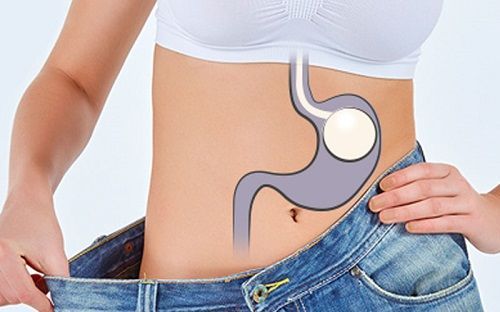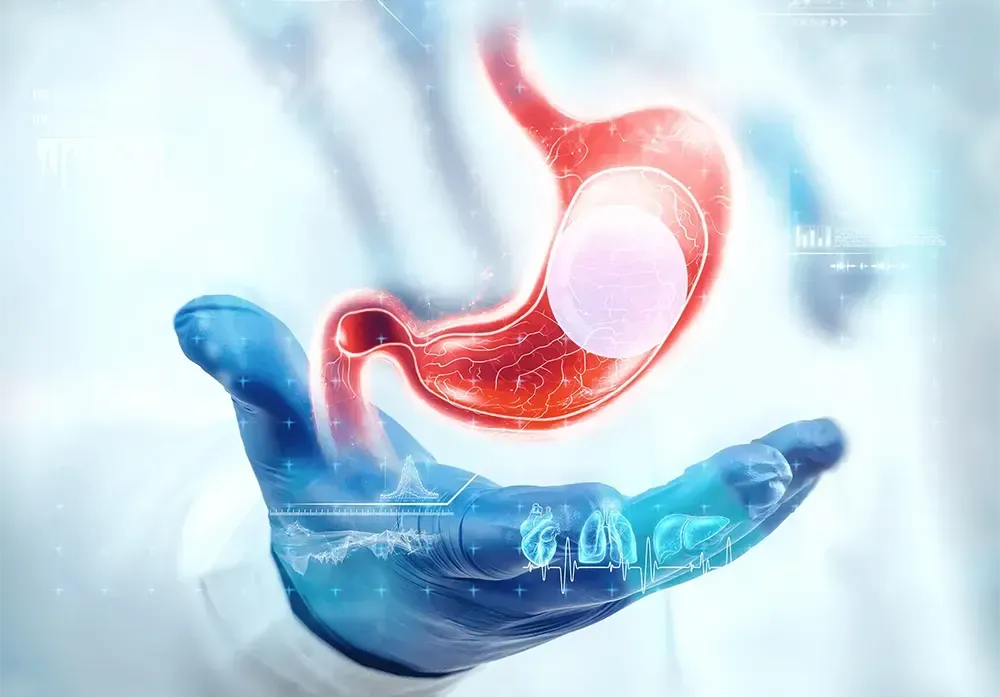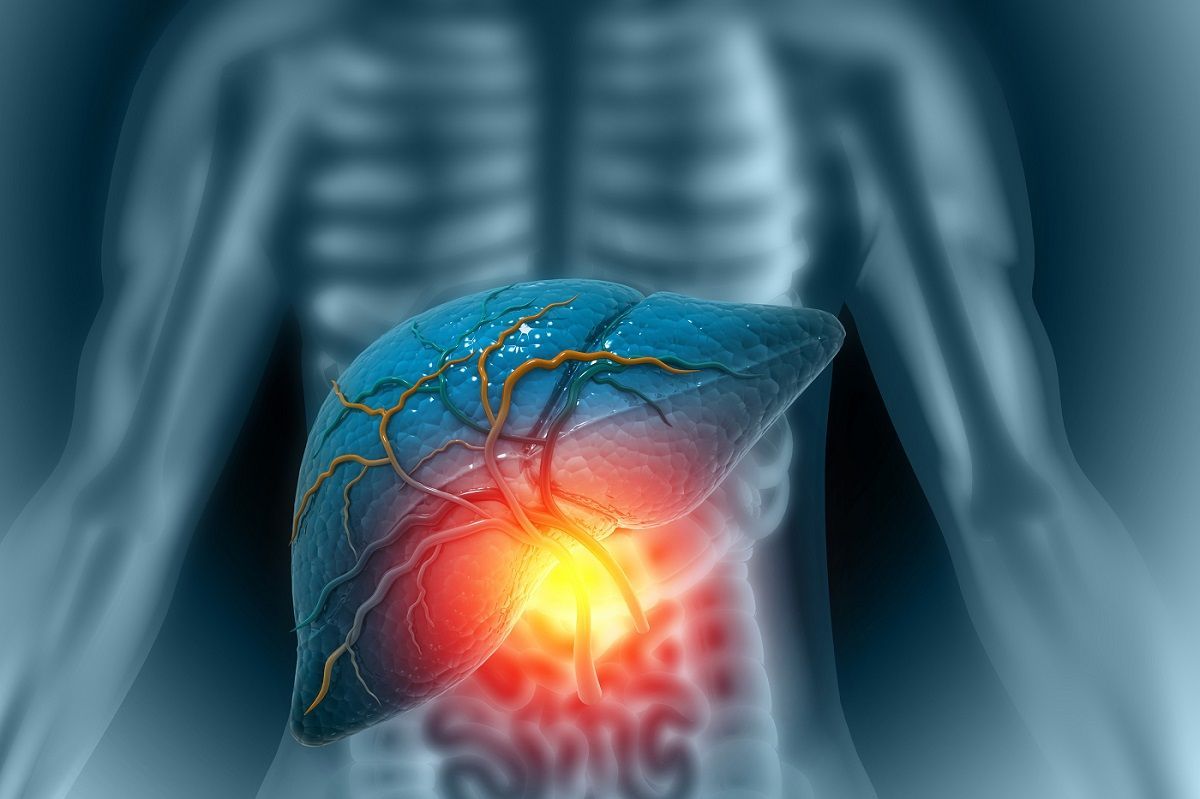Patient Education: Procedures for Weight Loss (The Basics)

How do I know if I am overweight and by how much?
Doctors use a special measure called “body mass index,” or BMI, to decide who is underweight, normal weight, or overweight. Your BMI will tell you whether your weight is appropriate for your height.
- If your BMI is between 25 and 29.9, you are overweight.
- If your BMI is 30 or greater, you are obese.
Should I see a doctor or nurse?
If you are overweight or obese, see your doctor or nurse. He or she might suggest helpful procedures for weight loss.
Obese people are more likely than people of normal weight to get diabetes, heart disease, cancer, and lots of other health problems. People who are obese also live less time than people of normal weight. That’s why it’s important to try to keep your weight in the normal range.
What’s the best way to lose weight on my own?
To lose weight, you have to eat less or move more. Doing both is even better.
Studies have compared different diets such as the Atkins diet, the Zone diet, and the Weight Watchers diet. No single diet turns out to be better than any other. Any diet that reduces the number of calories you eat can help you lose weight – as long as you stick with it.
Physical activity works the same way. You can walk, dance, garden, or even just move your arms while sitting. What’s important is that you increase the number of calories you burn by moving more. And you have to keep doing the extra activity.
If you go on a diet for a short time, or increase your activity for a while, you might lose weight. But you will regain the weight if you go back to your old habits. Weight loss is about changing your habits for good.
The best weight loss tip is to make small changes and stick with them. Then, little by little, you can add new changes that you also stick with.
Are there medical treatments that can help me lose weight?
There are medicines and surgery to help with weight loss. But those treatments are only for people with extreme weight problems who have not been able to lose weight through diet and exercise. What’s more, weight loss treatments do not take the place of diet and exercise. People who have those treatments must also change how they eat and how active they are.
How do weight loss medicines work?
Weight loss medicines work by reducing your appetite or by changing the way you digest food. They are appropriate only for people who:
- Have a BMI of 30 or greater; or
- Have a BMI between 27 and 29.9 and also have medical problems, such as diabetes, heart disease, or high blood pressure
Can I try herbal or non-prescription medicines to lose weight?
Some herbal weight loss medicines are unsafe. Check with your doctor or pharmacist before you take any herbal weight loss medicines. There is also a non-prescription version of a medicine doctors prescribe. This medicine is called o rli stat (brand name: Alli). It is probably safe to try. But it can cause unwanted side effects, such as cramps, burping, and gas.
Some weight loss medicines are sold over the internet. However, these are not always safe, and they can even contain harmful ingredients. Consulting with our doctor, or a weight loss coach , is best before taking any weight loss medications.
How do weight loss procedures work?
Weight loss procedures work by making your stomach smaller. Some types of surgery also change the path food takes through your gut so that fewer calories and nutrients get absorbed. Another procedure changes the nerve signals between the brain and the stomach so you don’t feel hungry.
Weight loss surgery is appropriate only for people who:
- Have a BMI greater than 40; or
- Have a BMI of 35 to 39.9 and also have medical problems, such as diabetes, heart disease, or high blood pressure
- Have a BMI of 30 or greater and have diabetes that cannot be controlled in other ways
How do I decide if weight loss treatment is right for me?
If your doctor suggests weight loss treatment, ask these questions:
- About how much weight can I expect to lose and how long will that take? – This depends on the treatment. There are several different types of stomach surgeries to help with weight loss. The amount of weight loss and how long it takes to lose weight is different for each one.
- What are the risks of treatment for someone like me? – Medicines can have side effects. Surgery can lead to infections, bleeding, the need for other operations, and even death. To reduce the risk of these problems, make sure your surgeon is very experienced and that you are treated at a certified “Center of Excellence.”
- What changes will I need to make to my diet and lifestyle? – Weight loss treatments are not “short-cuts” that get you out of making lifestyle changes. People getting treated must also change how they eat and how active they are. No weight loss treatment works on its own. Sometimes people can get surgery only after they prove they can make lifestyle changes – by losing some weight on their own.
- Will I be able to process food normally? – Some types of stomach surgeries leave people unable to get all the nutrients they need from food. People who have this problem must take vitamin and mineral supplements for the rest of their lives.
Source: Uptodate ®
Learn More About Weight Loss Procedures
Patient Education: Procedures for Weight Loss & Surgery (Beyond the Basics)
Procedures for Weight Loss . . . WE’RE IN IT TOGETHER
Obesity in Adults: Behavioral Therapy & Weight Loss Clinics
Patient Education: Health Risks of Obesity & Weight Loss Tips (The Basics)
Gastro SB Weight Loss Clinic: Medications Used for Weight Loss
Weight Loss Tips and Medications
Patient Education: Health Risks Of Obesity
Medications Used For Weight Loss
Weight Loss Surgery Options And Procedures
Obesity In Adults Dietary Therapy And Weight Loss Coaches
The post Patient Education: Procedures for Weight Loss (The Basics) appeared first on Gastro SB.










